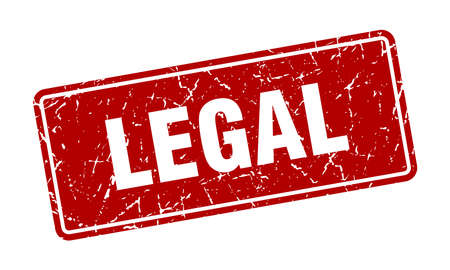Restrictions on capacity to act (Article 38, Civil Code)
 Minority, insanity or imbecility, the state of being a deaf-mute, prodigality
and civil interdiction are mere restrictions on capacity to act, and do not
exempt the incapacitated person from certain obligations, as when the latter
arise from his acts or from property relations, such as easements. (Article 38,
Civil Code)
Minority, insanity or imbecility, the state of being a deaf-mute, prodigality
and civil interdiction are mere restrictions on capacity to act, and do not
exempt the incapacitated person from certain obligations, as when the latter
arise from his acts or from property relations, such as easements. (Article 38,
Civil Code)READ: NO LEGAL CAPACITY TO SUE.
Juridical capacity, which is the fitness to be the subject of legal
relations, cannot be restricted except by death. This means that every
person has juridical capacity which is lost only through death. On the other
hand, capacity to act (which is the power to do acts with legal
effects), may be acquired and it may also be lost during one's
lifetime. In short, legal process and effects can affect anyone, regardless
of capacity to act; whereas, only those with capacity to act have the
power to act in such a way that legally affects or binds other people.
The following are restrictions on a person's capacity to act:
- When s/he is not yet eighteen (18) years old;
- When s/he is an insane person;
- When s/he is an imbecile;
- When s/he is a deaf-mute;
- When s/he squanders money or property with a morbid desire to prejudice the heirs of a person (Martinez v. Martinez, 1 Phil. 182); and
- When s/he is civilly interdicted (i.e., the court imposes restrictions on a person's rights; also called "civil interdictions").
Minority. A minor cannot get married and contracts entered into may
suffer from a defect because of lack of legal age.
Imbecility. According to the dictionary imbecile is a person marked
by mental deficiency while an insane person is one who has an unsound mind
or suffers from a mental disorder. "Imbecil vale tanto como escaso de
razon y es loco el que ha perdido el juico." An insane person may have
lucid intervals but "el embecil no puede tener, no tiene estos intervalos
de Corazon, pues en el no hay una alteracion, sino una carencia del juico
mismo" (1 Viada, Codigo Penal, 4th Ed., p. 92., cited in People v.
Ambal, G.R. No. L-52688, October 17, 1980)
Civil interdiction. Civil interdiction affects a person's right
to parental or marital authority, to be the guardian of a ward or a ward's
person, to dispose of property by an act inter vivos, or to manage one's own
property. It must be emphasized that a person civilly interdicted can
dispose of property mortis cause (by making a will). Also, it is worth
to note here that the penalty of civil interdiction is given to a criminal
punished by imprisonment for 12 years and 1 day or more (Art. 41, Revised
Penal Code).



